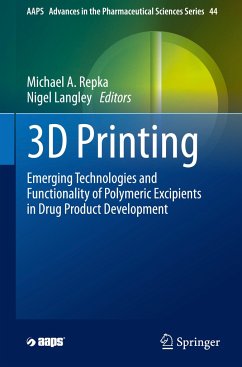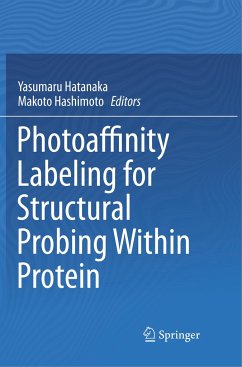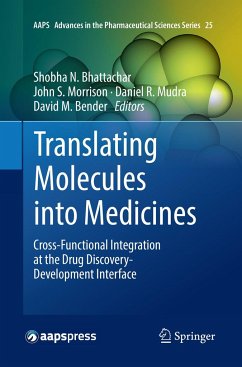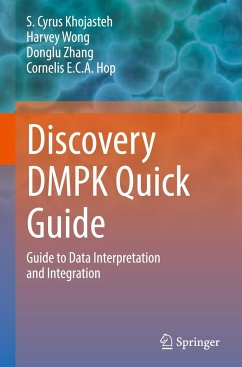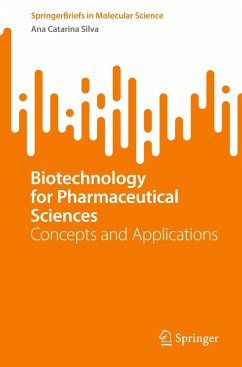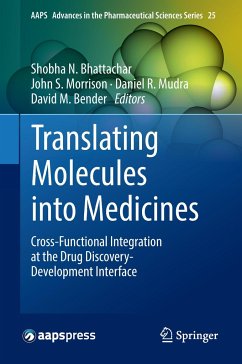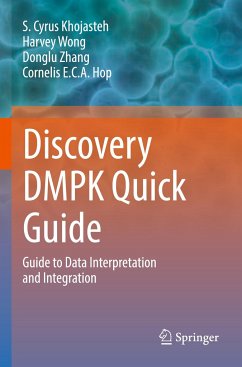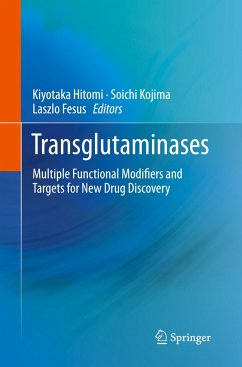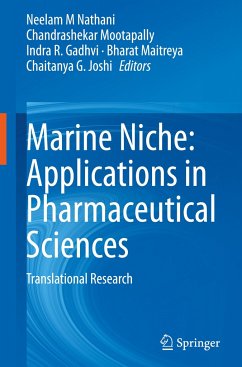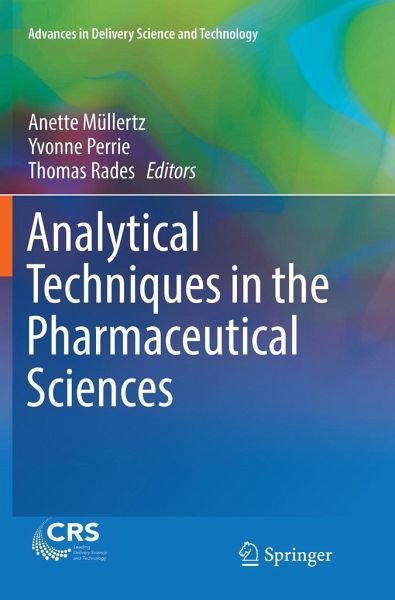
Analytical Techniques in the Pharmaceutical Sciences
Versandkostenfrei!
Versandfertig in 6-10 Tagen
213,99 €
inkl. MwSt.

PAYBACK Punkte
107 °P sammeln!
The aim of this book is to present a range of analytical methods that can be used in formulation design and development and focus on how these systems can be applied to understand formulation components and the dosage form these build. To effectively design and exploit drug delivery systems, the underlying characteristic of a dosage form must be understood--from the characteristics of the individual formulation components, to how they act and interact within the formulation, and finally, to how this formulation responds in different biological environments. To achieve this, there is a wide ran...
The aim of this book is to present a range of analytical methods that can be used in formulation design and development and focus on how these systems can be applied to understand formulation components and the dosage form these build. To effectively design and exploit drug delivery systems, the underlying characteristic of a dosage form must be understood--from the characteristics of the individual formulation components, to how they act and interact within the formulation, and finally, to how this formulation responds in different biological environments. To achieve this, there is a wide range of analytical techniques that can be adopted to understand and elucidate the mechanics of drug delivery and drug formulation. Such methods include e.g. spectroscopic analysis, diffractometric analysis, thermal investigations, surface analytical techniques, particle size analysis, rheological techniques, methods to characterize drug stability and release, and biological analysis in appropriate cell and animal models. Whilst each of these methods can encompass a full research area in their own right, formulation scientists must be able to effectively apply these methods to the delivery system they are considering.
The information in this book is designed to support researchers in their ability to fully characterize and analyze a range of delivery systems, using an appropriate selection of analytical techniques. Due to its consideration of regulatory approval, this book will also be suitable for industrial researchers both at early stage up to pre-clinical research.
The information in this book is designed to support researchers in their ability to fully characterize and analyze a range of delivery systems, using an appropriate selection of analytical techniques. Due to its consideration of regulatory approval, this book will also be suitable for industrial researchers both at early stage up to pre-clinical research.





